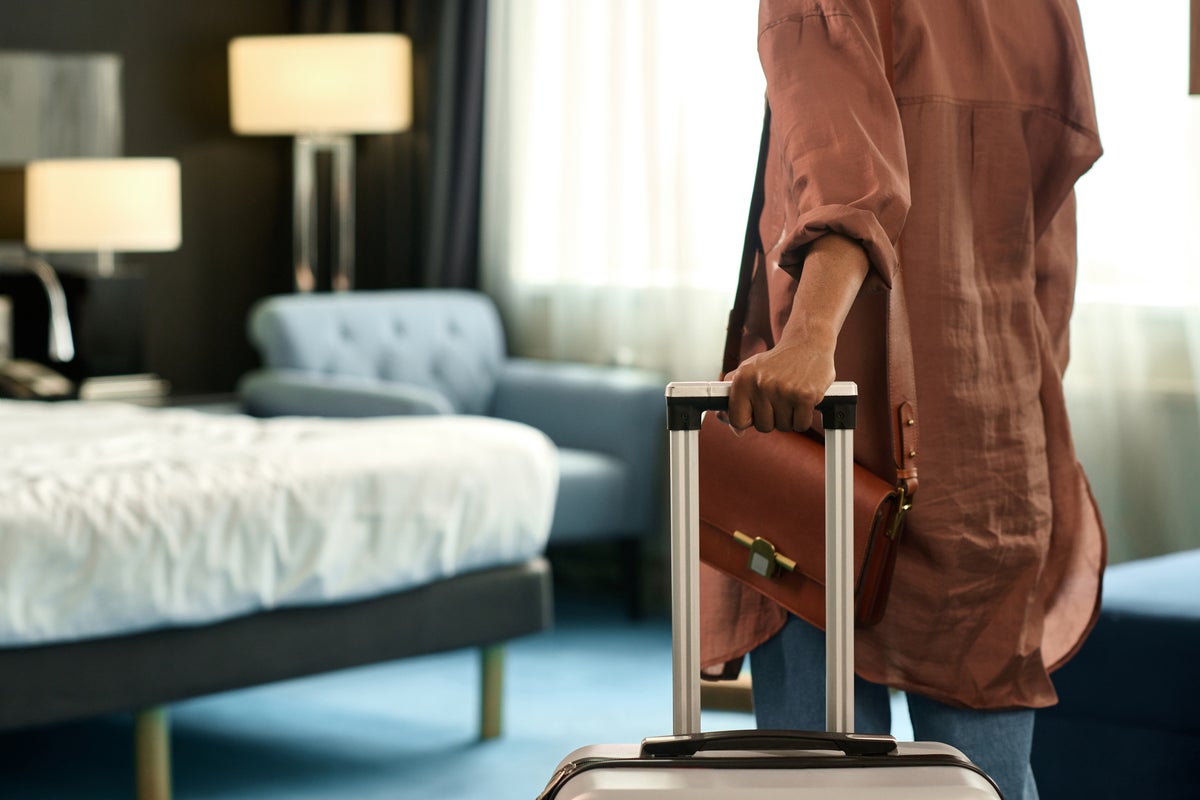ARTICLE AD BOX
A children’s rights campaigner has warned over ministers’ “evangelical” backing for the use of technology in the classroom as she highlighted the risks to pupils’ welfare and education.
Filmmaker Baroness Kidron told Parliament that pupils were being wrapped “in a world of digital products” that normalised screen time over human interaction with no proof of the benefits.
The independent crossbencher, who has championed children’s online safety, also signalled her support for a statutory ban on smartphones in schools, arguing that legally binding rules rather than current Government guidance would relieve pressure on teachers.
Lady Kidron made her comments as peers debated the Children’s Wellbeing and Schools Bill, which proposes wide-ranging measures, from increased support for care leavers to free breakfast clubs in primary schools and a new register of all home-schooled children in England.
It would also curb the freedoms of academy schools, including a requirement to follow the national curriculum.
Schools in England were given non-statutory Government guidance in February last year intended to stop the use of phones during the school day.
But urging a stronger stance to improve children’s welfare, Lady Kidron said: “One of the easiest and cheapest things we could do is give them a break from the well-documented intrusions of digital tech whilst at school.”
She added: “Evidence that I will bring … is showing that restrictions are helpful to school communities not only for learning but for peace in the school community and for friendship and human flourishing.
“The current guidance, which is excellent, puts pressure on teachers that statutory rules could relieve.”
Lady Kidron went on: “But while ministers are slow on smartphones they are increasingly evangelical about bringing EdTech (education technology) into the classroom.”
Although recognising such tech could benefit children with disabilities or special needs, she argued there was no such evidence for many youngsters.
Lady Kidron said: “There is no oversight, no pedagogical criteria, no understanding of its efficacy, no proof of learning outcomes.
“Some tech is wonderful, some is benign, some we know is in our schools stealing children’s data and stealing their opportunity to learn.
“And yet we are rapidly wrapping pupils in a world of digital products that isolate and normalise screen over human with no proof of the benefits.”
She went on: “There are many wonderful uses of technology but we have to make sure that schools are a place of privacy, safety and learning for our children.”









 English (US) ·
English (US) ·